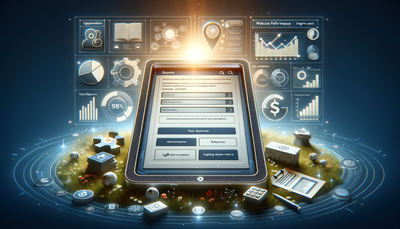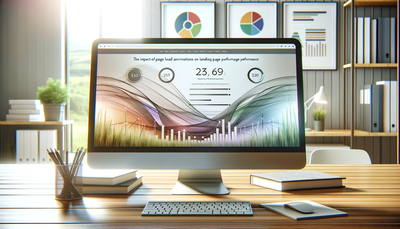The Future of Networking: Why Digital Cards Are Replacing Traditional Business Cards
The business world is undergoing a digital transformation, and one area experiencing significant change is the exchange of contact information. Traditional paper business cards are gradually being replaced by digital alternatives, offering numerous advantages in our increasingly connected and environmentally conscious society. This article explores the shift from physical to digital business cards, examining the benefits they provide, including eco-friendliness, easy updates, and enhanced tracking capabilities. As we delve into this evolving landscape, we'll discover how digital cards are revolutionizing networking and why they're becoming the preferred choice for professionals across various industries.Table of Contents:

The Rise of Digital Business Cards
In recent years, digital business cards have gained significant traction as a modern alternative to traditional paper cards. This shift is driven by several factors, including the widespread adoption of smartphones and the increasing emphasis on sustainability. Digital cards, also known as e-cards or virtual cards, are electronic versions of business cards that can be easily shared and stored on mobile devices.These digital counterparts offer a range of features beyond simple contact information, such as interactive elements, social media links, and even multimedia content. As more professionals recognize the convenience and versatility of digital cards, their popularity continues to grow, signaling a new era in networking and information exchange.
Do you need a website? Want to build a website but don't know where to start? Our website builder is the perfect solution. Easy to use, and with the ability to customize to fit your business needs, you can have a professional website in no time.
Eco-Friendly Networking
One of the most compelling advantages of digital business cards is their positive environmental impact. Traditional paper cards contribute to deforestation and waste, with millions of cards discarded annually. In contrast, digital cards eliminate the need for physical materials, reducing the carbon footprint associated with production and distribution.By opting for digital alternatives, businesses and individuals can significantly decrease their paper consumption and demonstrate a commitment to sustainability. This eco-friendly approach not only benefits the environment but also resonates with environmentally conscious clients and partners, potentially enhancing a company's reputation and appeal to like-minded professionals.
Easy Updates and Maintenance
Digital business cards offer unparalleled flexibility when it comes to updating and maintaining contact information. Unlike traditional cards that become obsolete when details change, digital versions can be instantly edited and updated in real-time. This feature is particularly valuable for professionals who frequently change roles, companies, or contact information.With digital cards, there's no need to reprint hundreds of cards or waste outdated stock. Users can simply update their digital card once, and the changes are immediately reflected across all shared instances. This ensures that contacts always have access to the most current information, reducing confusion and improving communication efficiency in professional networks.
Building a website with SITE123 is easy
Enhanced Tracking and Analytics
One of the most powerful features of digital business cards is their ability to provide detailed tracking and analytics. Unlike traditional cards, which offer no way to measure their effectiveness or reach, digital alternatives can track various metrics. Users can monitor how often their card is viewed, shared, or interacted with, providing valuable insights into networking effectiveness.This data can be particularly useful for sales professionals, marketers, and business owners looking to optimize their networking strategies. By understanding which elements of their digital card are most engaging or which sharing methods are most effective, users can refine their approach and improve their networking outcomes over time.
Integration with Digital Ecosystems
Digital business cards seamlessly integrate with existing digital ecosystems, enhancing their utility and convenience. Many digital card platforms offer direct integration with customer relationship management (CRM) systems, email clients, and calendar applications. This integration streamlines the process of adding new contacts, scheduling follow-ups, and managing relationships.Furthermore, digital cards can easily incorporate links to social media profiles, portfolios, and other online resources, providing a comprehensive overview of a professional's digital presence. This interconnectedness allows for more meaningful and multifaceted connections, going beyond the limited information that can be included on a traditional paper card.
Overcoming Adoption Challenges
While digital business cards offer numerous advantages, their adoption is not without challenges. Some professionals may be hesitant to abandon traditional cards due to familiarity or concerns about technology accessibility. Additionally, there may be situations where physical cards are still preferred or expected, particularly in certain industries or cultural contexts.To address these challenges, many digital card solutions offer hybrid approaches, such as QR codes on physical cards that link to digital profiles. This allows for a gradual transition and caters to a wider range of preferences. As digital literacy continues to increase and the benefits of digital cards become more widely recognized, these adoption hurdles are likely to diminish over time.





